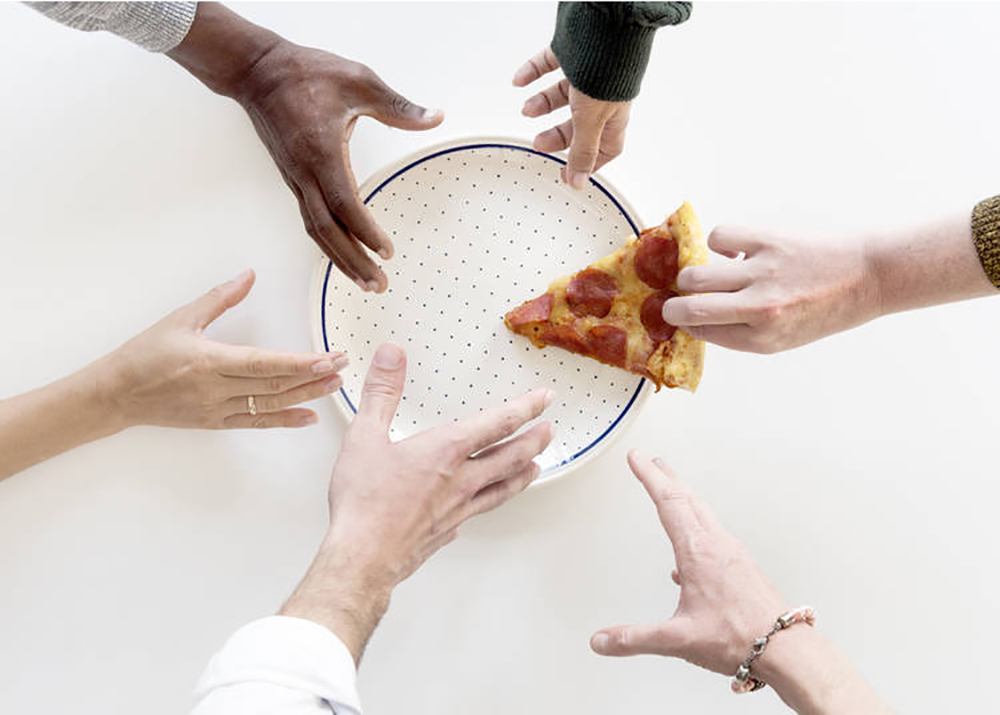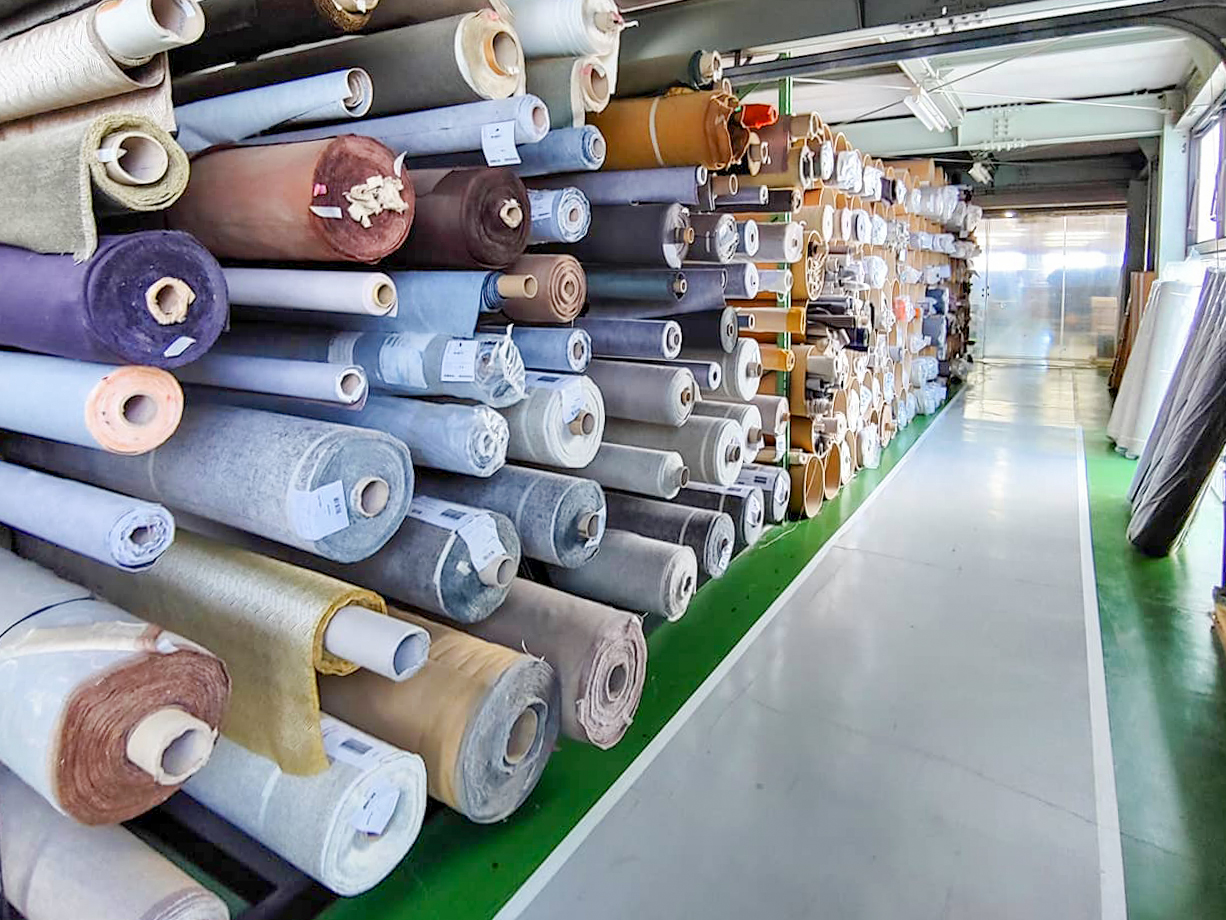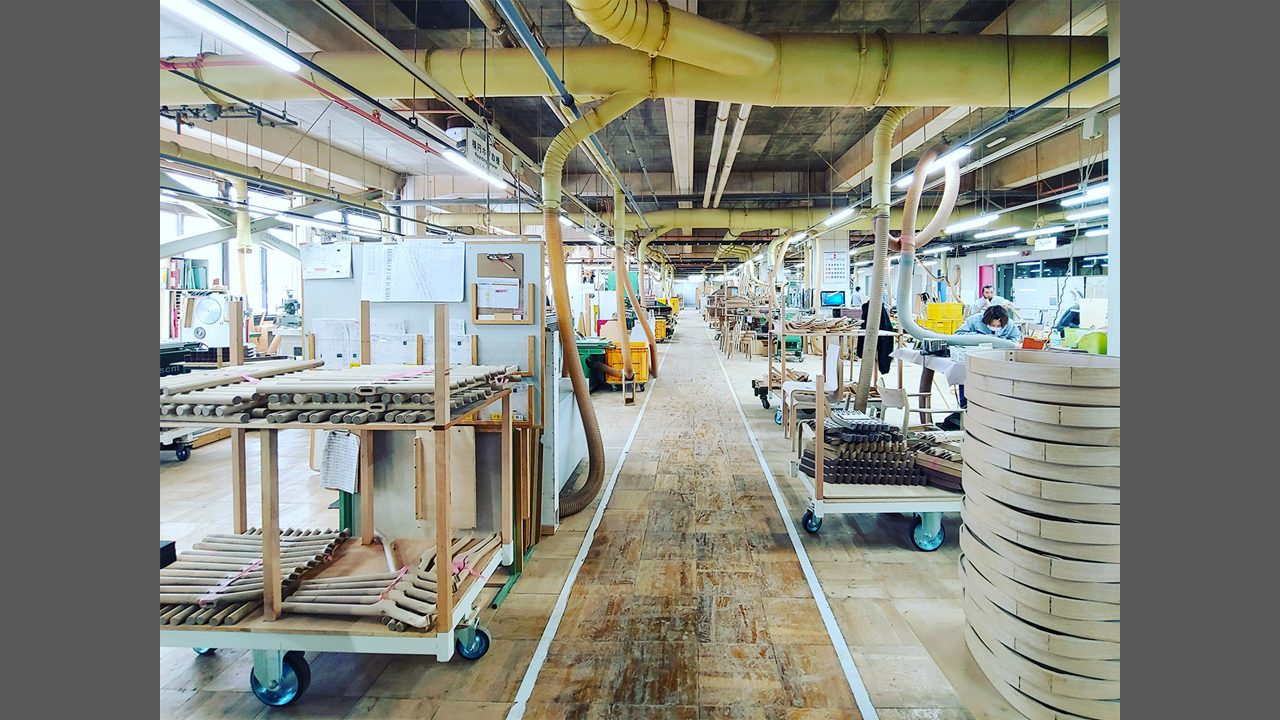Most of your actions are not done by your free will
How many times did you reach for a cup/glass to drink something today? Can you believe that you did it not by your free will but by a biological reaction? It is a well-known fact that 95% of our daily actions are unconscious biological reactions. According to John-Dylan Haynes, a neuroscientist, we decide our daily actions seven seconds before we make up our minds. The good part of this theory is we can justify ourselves in making the same mistake over again.

When reading about his experiment for the first time, I was so convinced but now am getting confused. Other decision making factors still look powerful to me. Peer pressure, for example, seems to be stronger especially in Japan. Let me tell you one of them, the “last-piece-of-food rule.”

The situation shown in the above image is not gonna happen in Japan because we are never allowed to reach for the last piece of food. Who made such a fatal mistake would live a life labeled as greedy and uncooperative. I’m a little exaggerating a little bit, but it’s true that most Japanese people don’t do that because it’s too embarrassing. Peer pressure overcomes even starvation.

Visit our factory well maintained due to peer pressure and tradition!
Many people visiting our factory are surprised at its neat and tidy condition. That may be also a result of peer pressure, partially. Some people may ask “what if peer pressure works in an opposite (negative) way?” My answer is that’s not gonna happen in this issue due to another powerful decision making factor: tradition. It’s still a majority of people who consider work place as a sacred place especially in the manufacturing industry in Japan. Now, do you feel like coming here and checking how vulnerable we are to peer pressure and tradition?

Shungo Ijima
He is travelling around the world. His passion is to explain Japan to the world, from the unique viewpoint accumulated through his career: overseas posting, MBA holder, former official of the Ministry of Finance.

